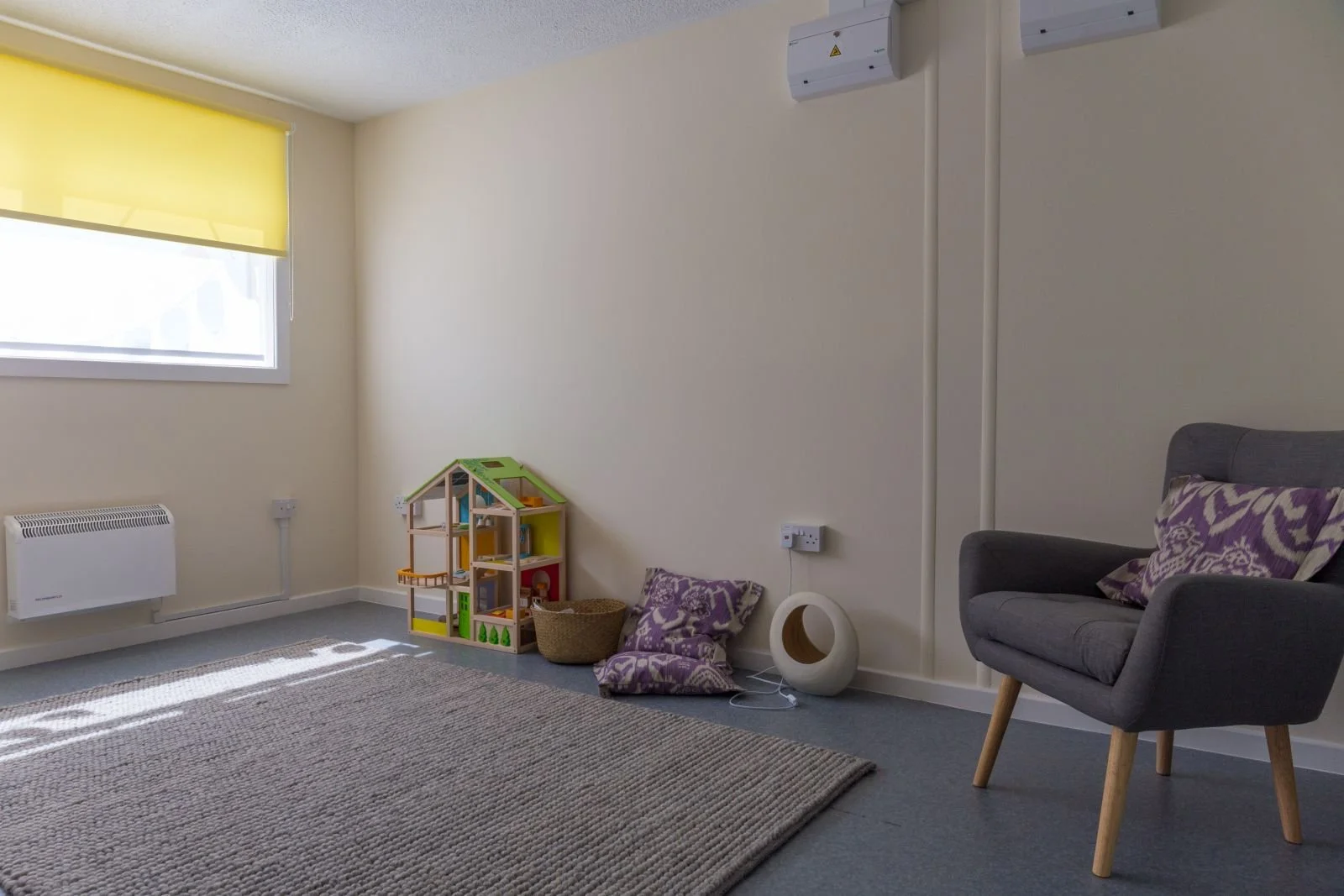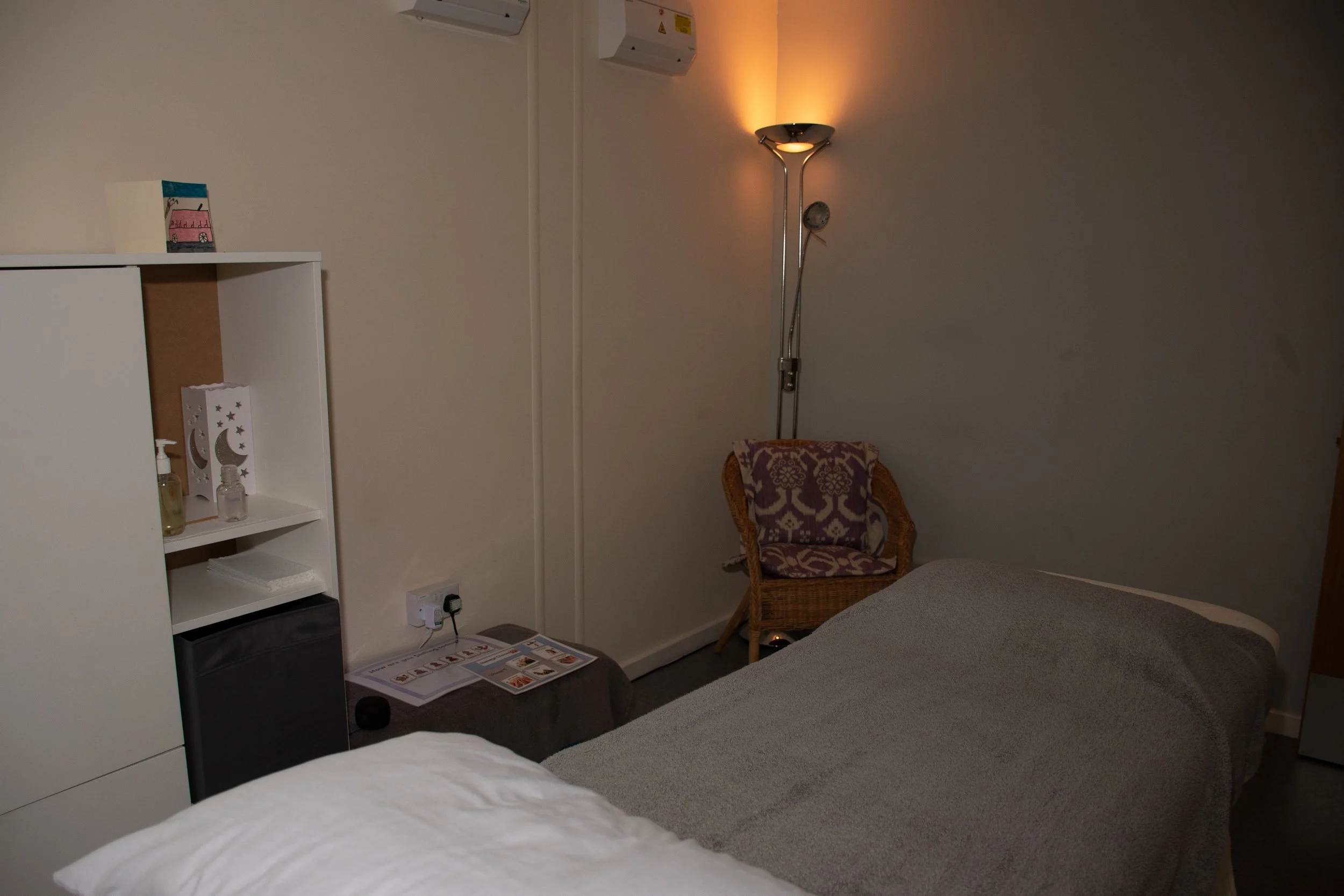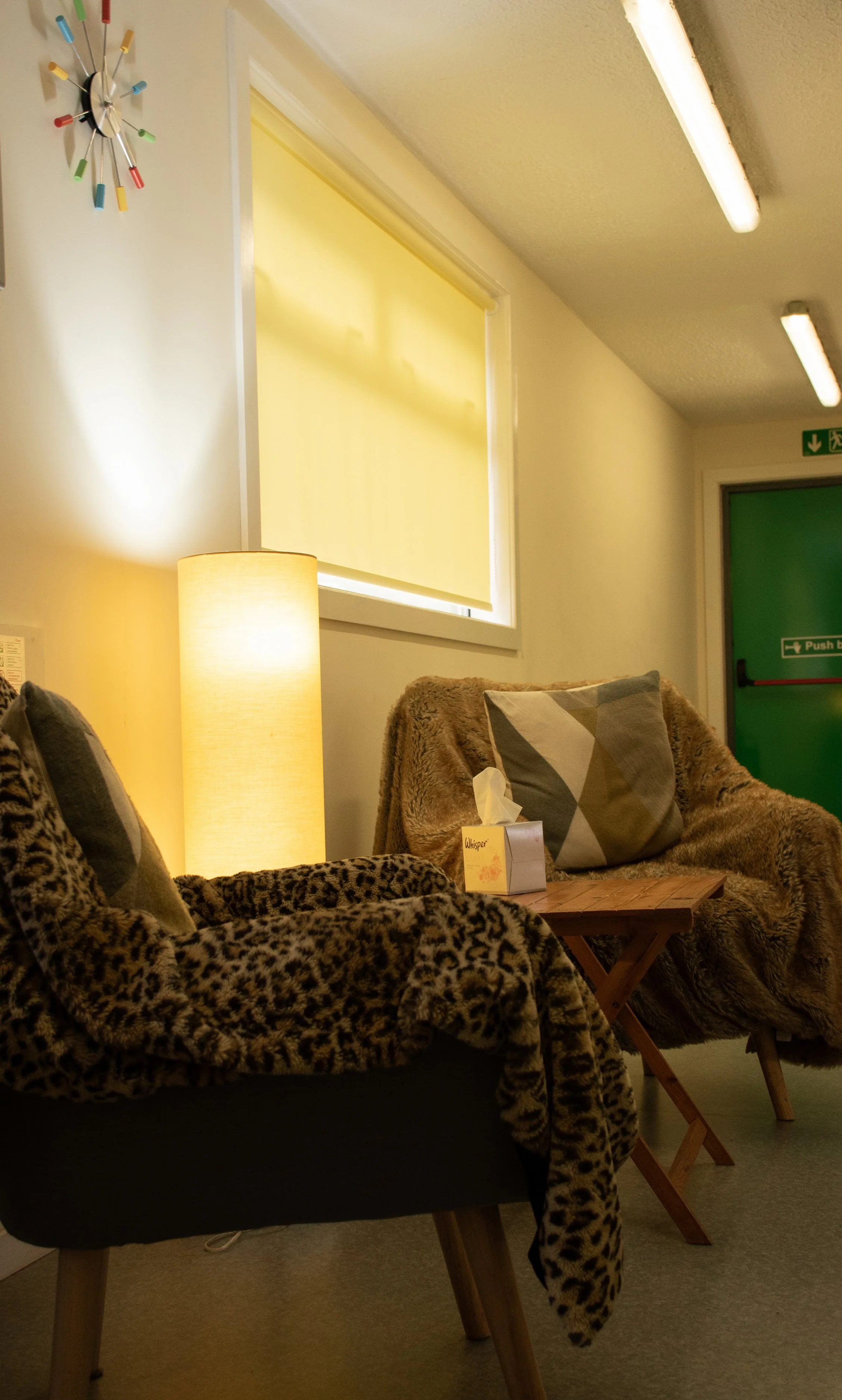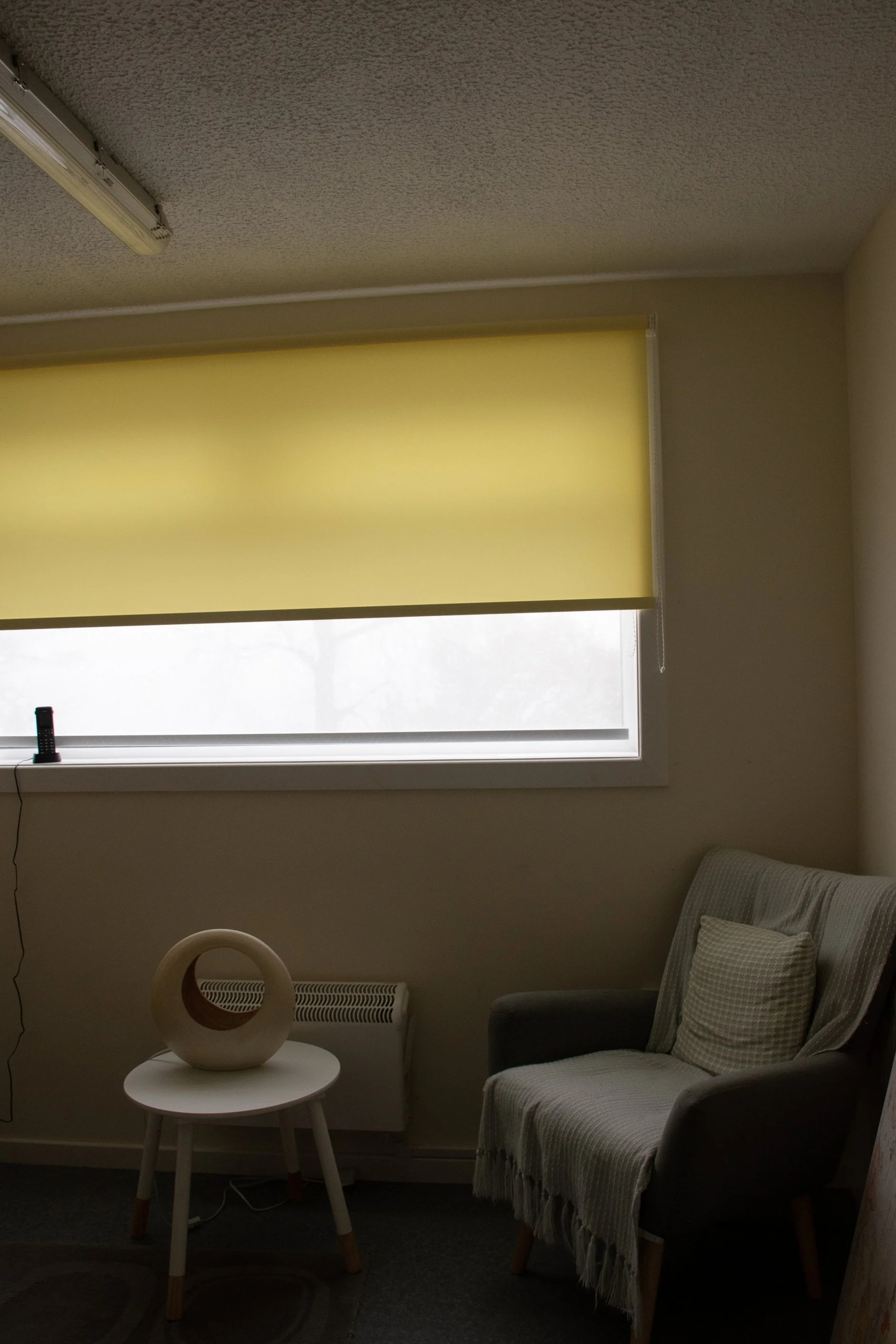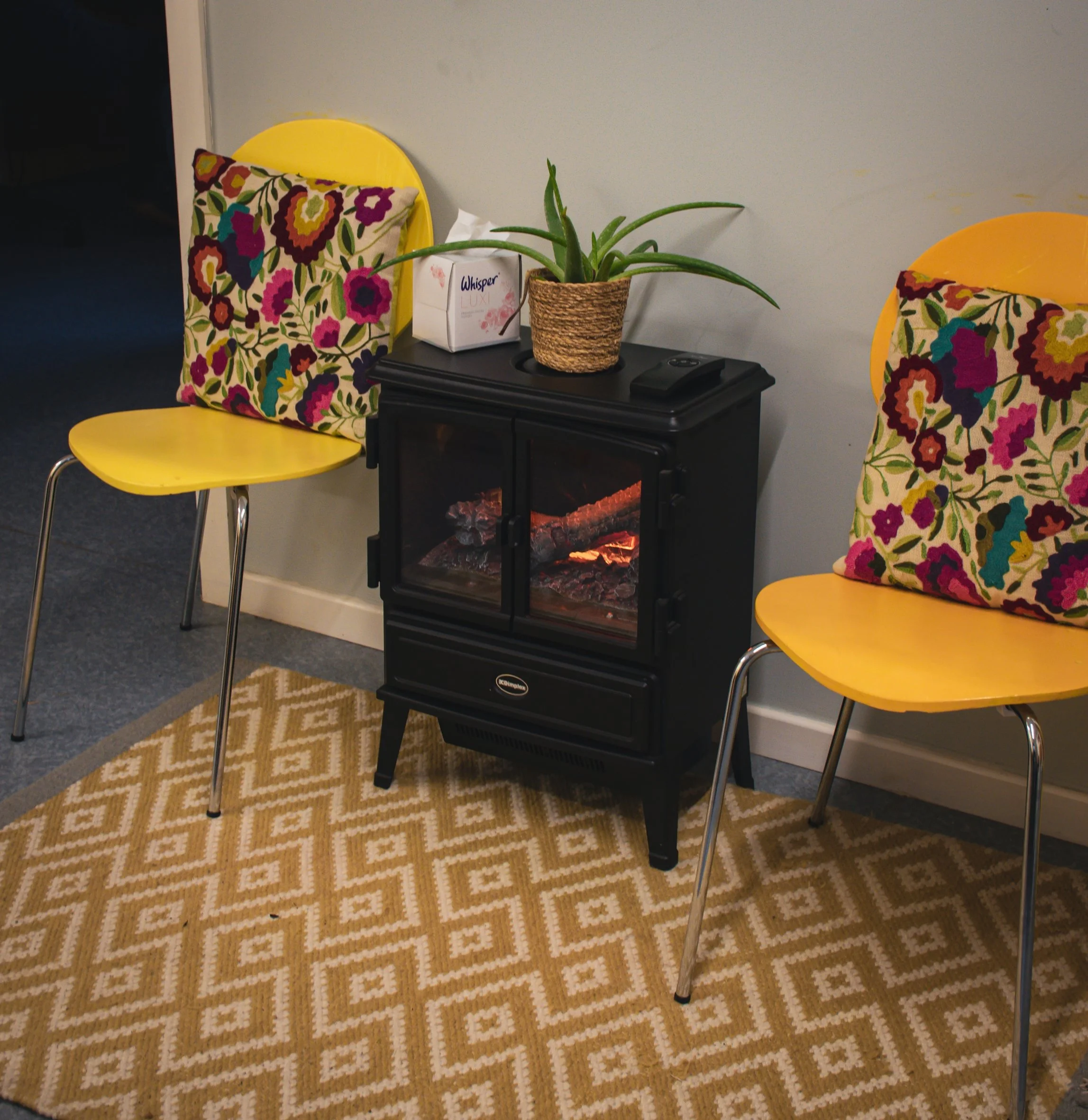Therapeutic input for children and young people
Starley Hall benefits from its own on-site therapeutic team, based in ‘The View’, a bespoke building offering a quiet, reflective space for young people and their adults. As well as supporting young people, we provide support and training to the staff who care for and educate our young people as we believe that supporting carers is as important as offering timely support for young people.
Once a young person has arrived at Starley Hall, a skills assessment schedule is begun, focusing on observations of the young person’s strengths and capabilities. We use both standardised assessments and semi-structured interviews with key teams.
Following assessment, some of the interventions we can offer are:
Conversational supports, e.g. visual mind maps/Talking Mats
Evidenced-based Dialectical Behaviour Therapy (DBT) and Cognitive Behaviour Therapy (CBT) based programmes, including the Decider Skills (widely used throughout the NHS)
Trauma work, including Eye Movement Desensitisation and Reprocessing (EMDR) and Trauma Focused CBT
Creating accessible materials, e.g. visual symbols incorporated into social stories/visual schedules
Supporting self-regulation and self-awareness using techniques such as breathing and relaxation
Emotional literacy work
Social skills development
As well as individual assessment and intervention, the therapeutic team have an integral role in developing Starley Hall’s overall therapeutic environment to meet the mental health and developmental needs of our young people. All our managers and the majority of our staff are trained to Level 1 in Dyadic Developmental Psychotherapy (DDP). We provide onsite training, including:
Understanding Autism and Social Communication Needs
Therapeutic Parenting
Attachment and Developmental Trauma
Transitions
Positive Responses to Trauma Based Behaviour
In addition, there are specialised courses accessed either in house or through external providers as required, such as:
Epilepsy
Diabetes management
Brain injury
Sexually harmful behaviours
Self-harm
You are welcome to download a copy of our ‘Therapeutic Services’ document.


